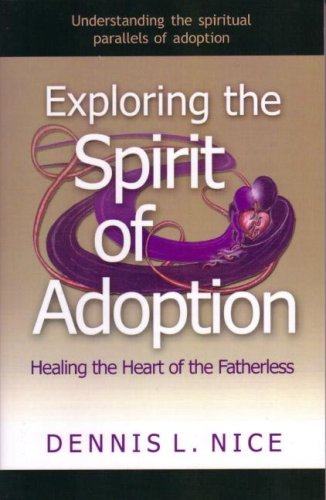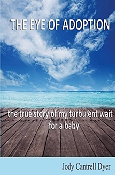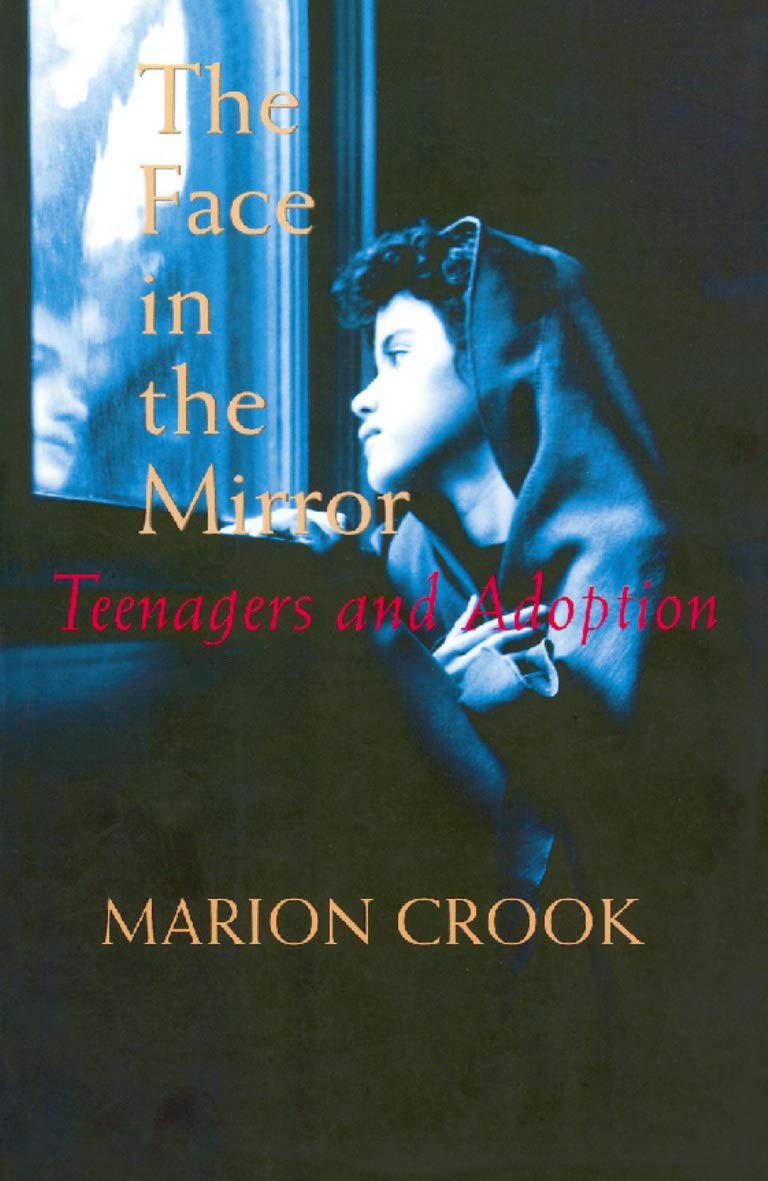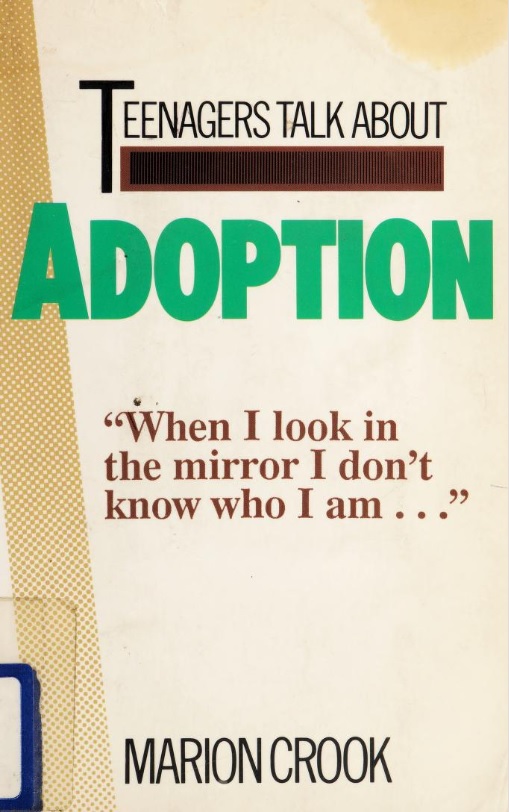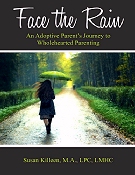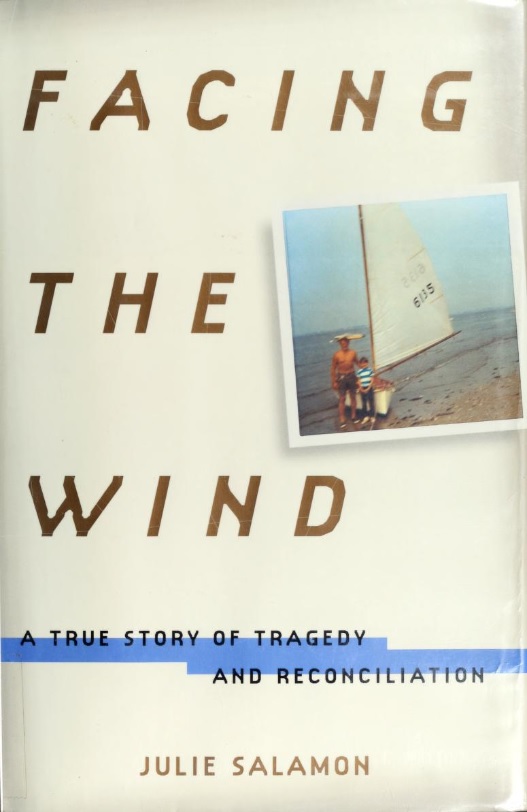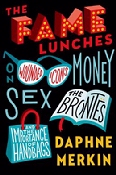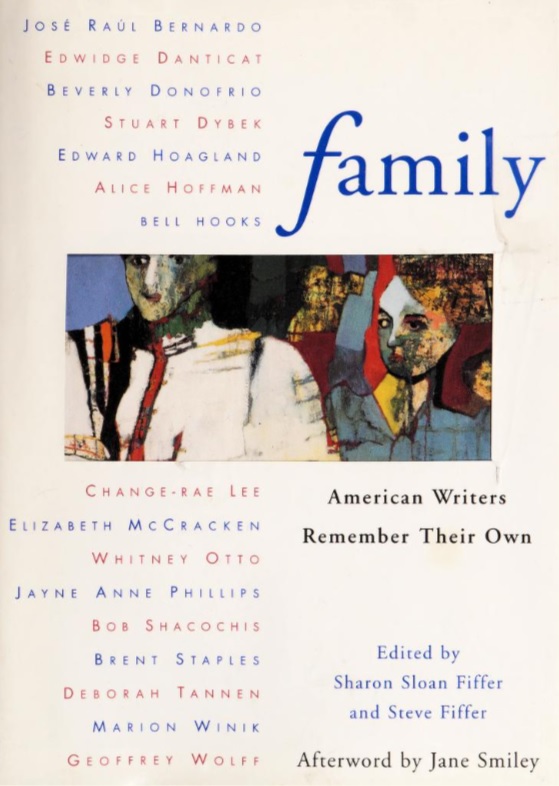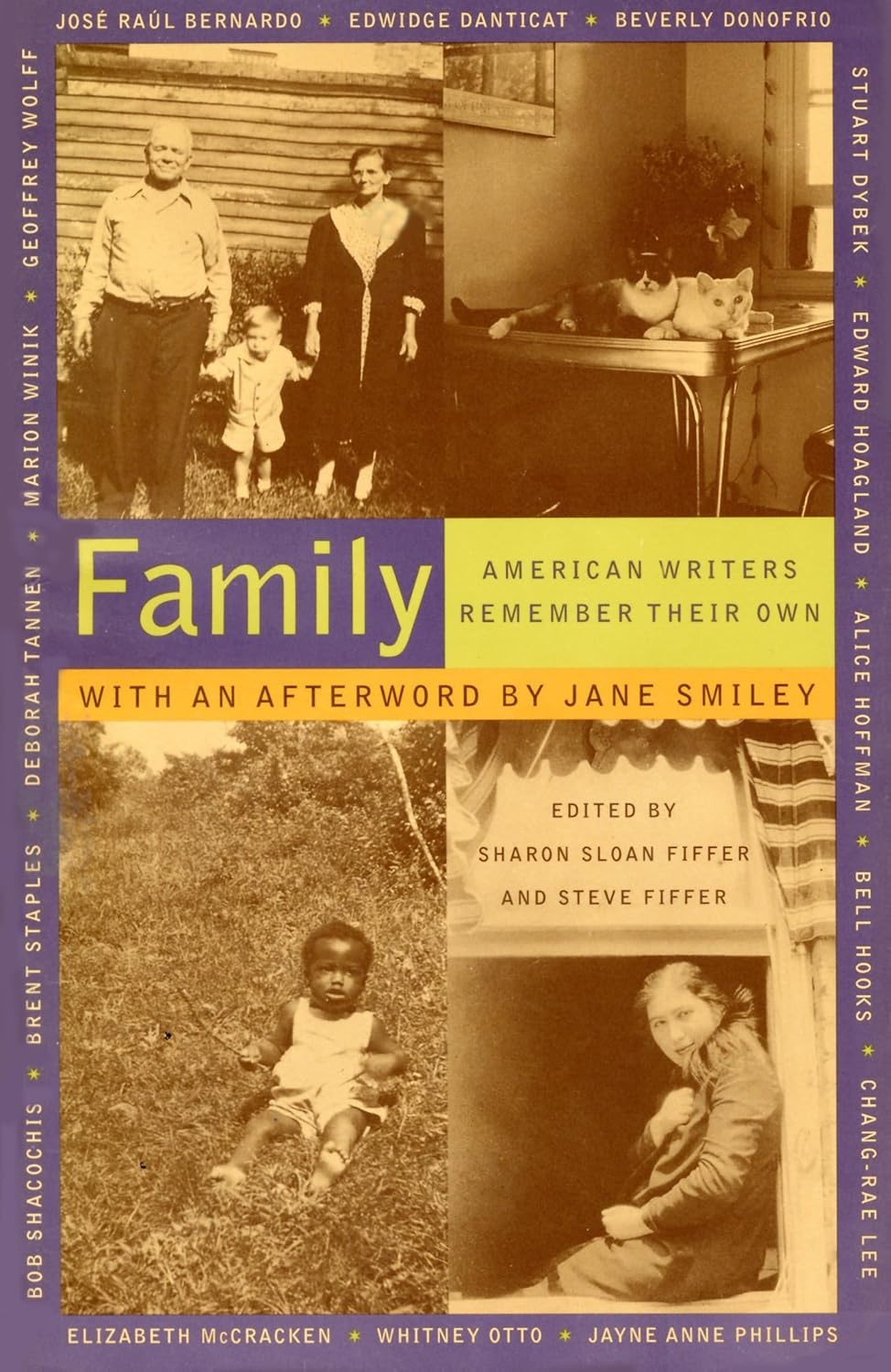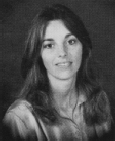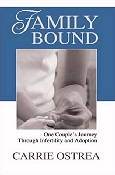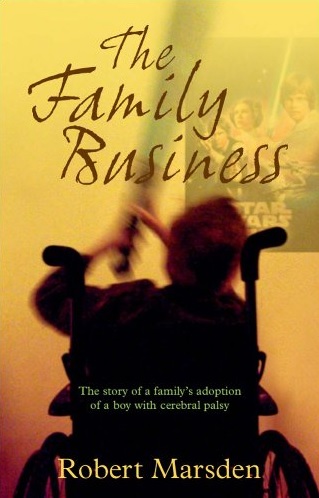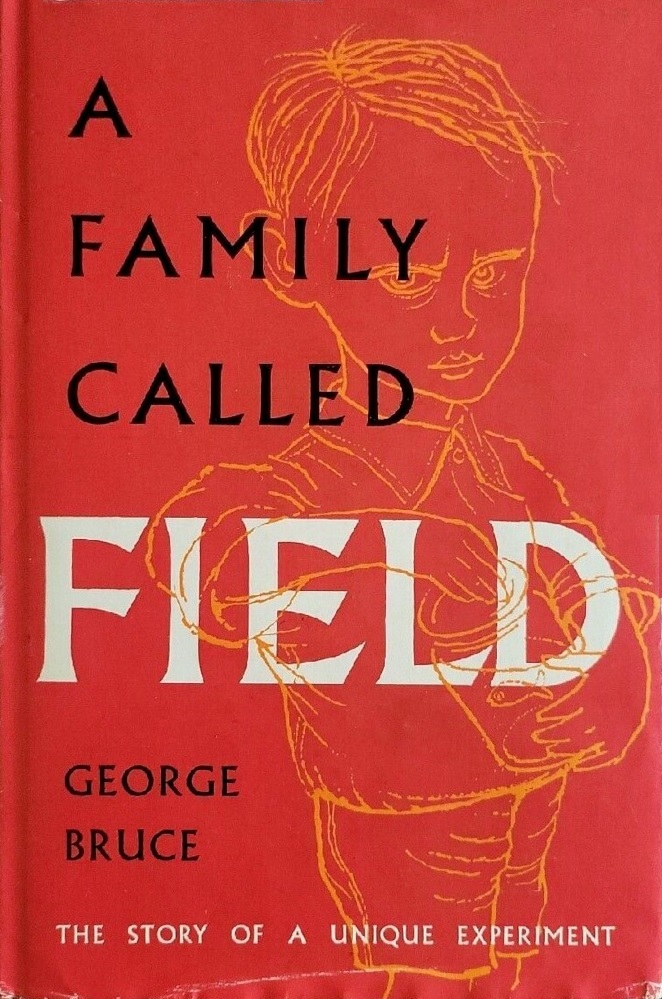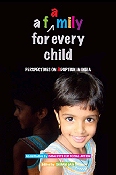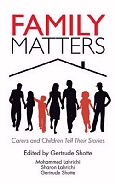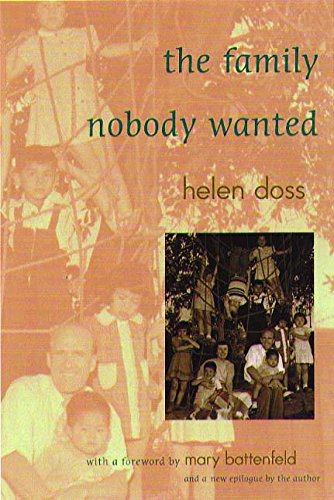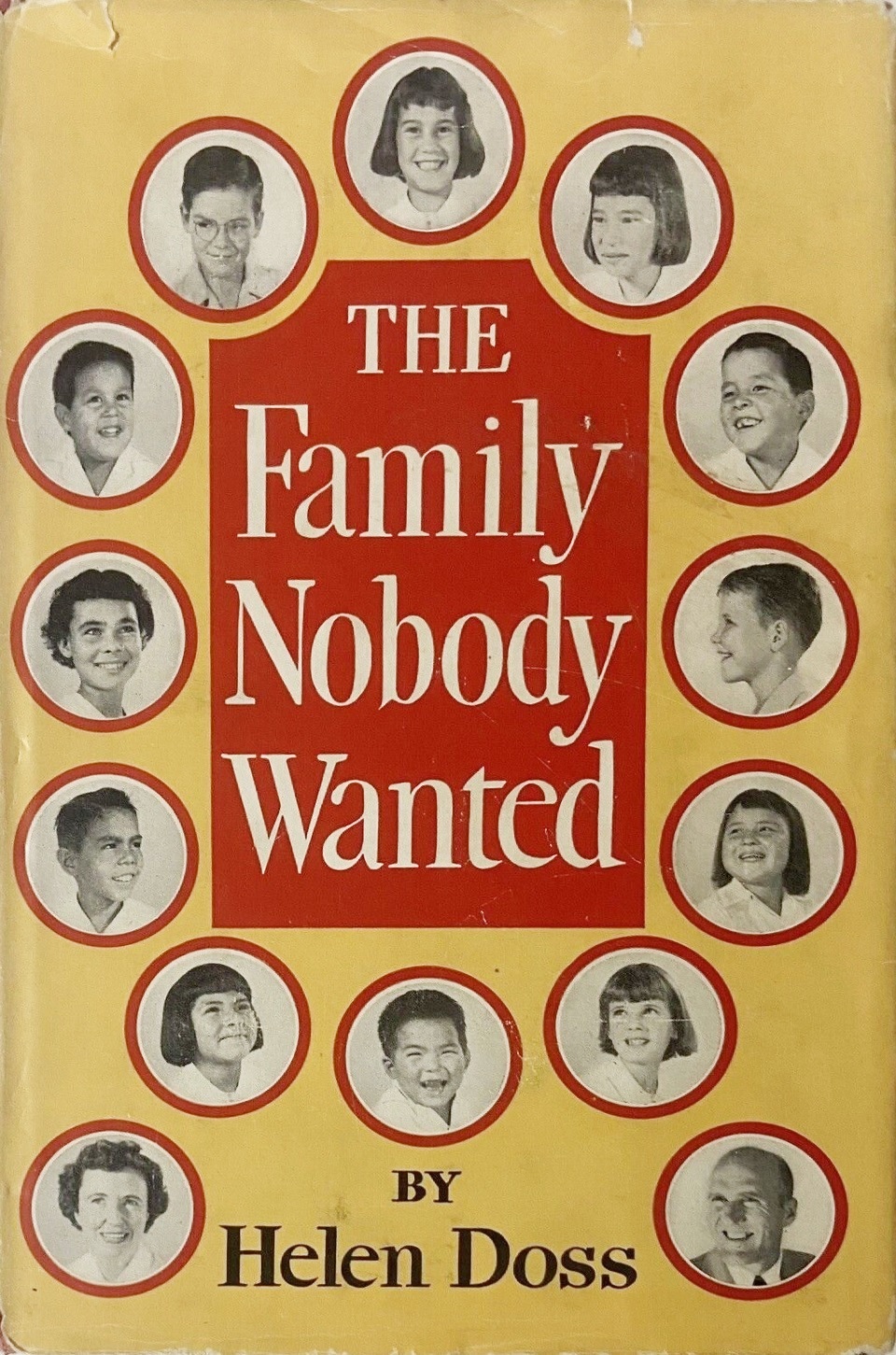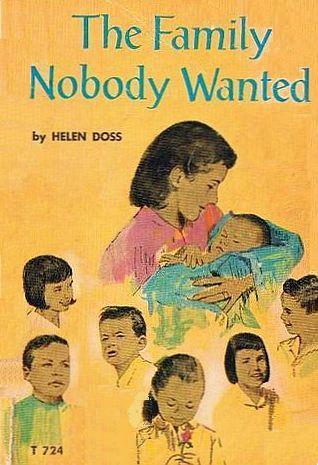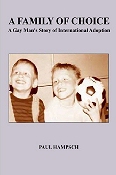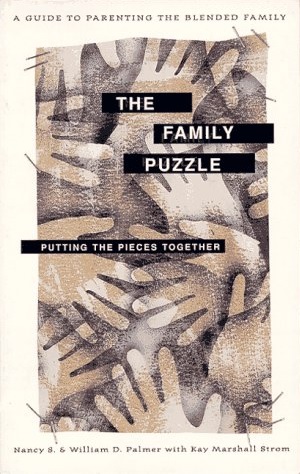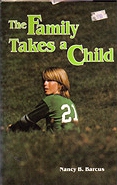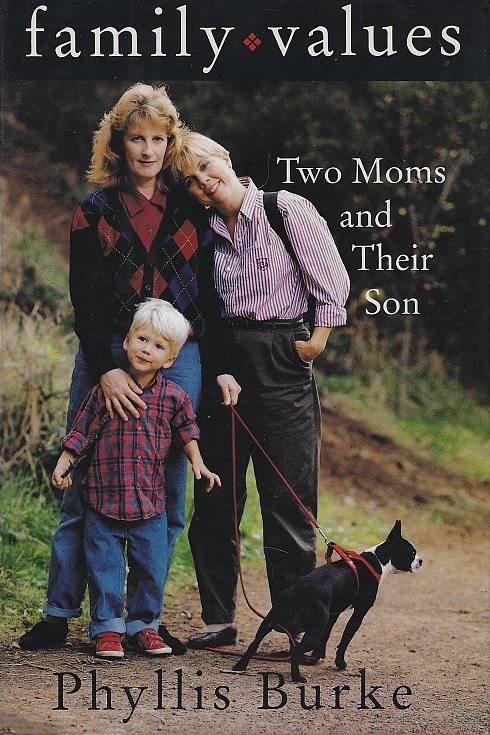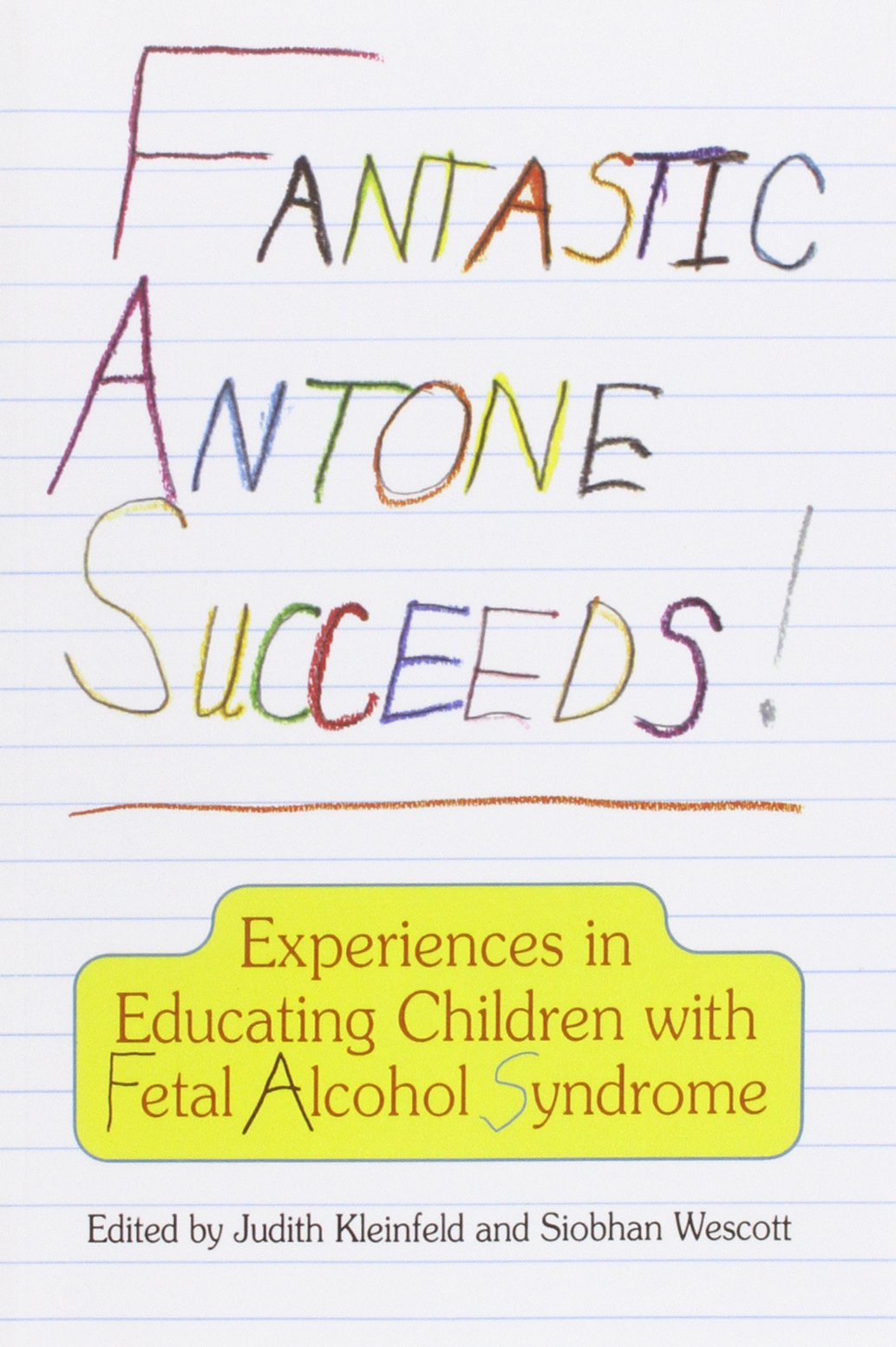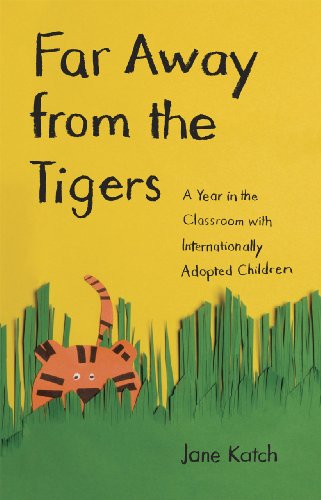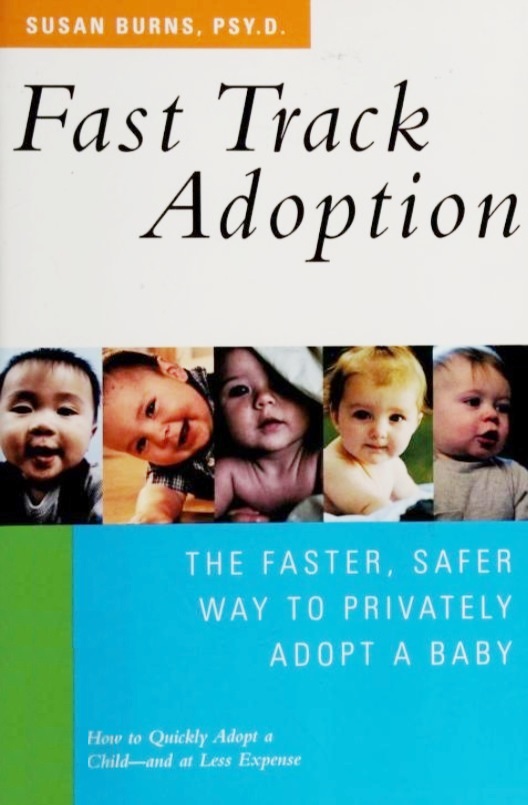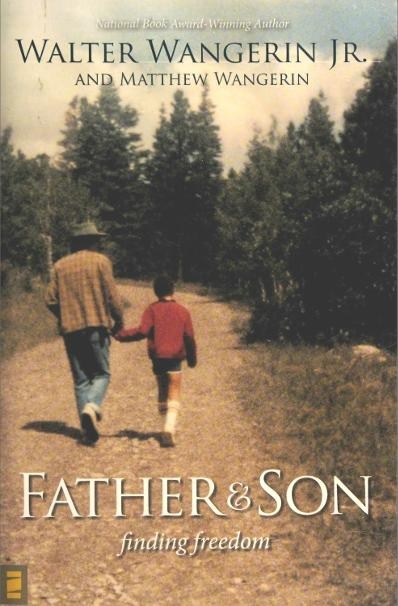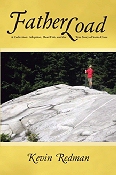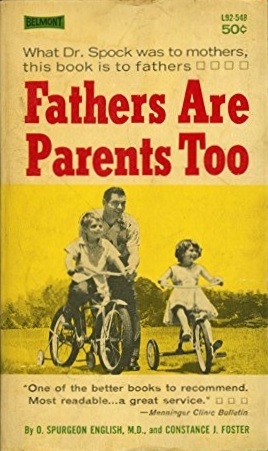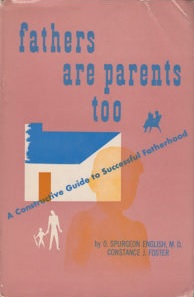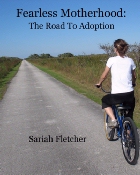From the Dust Jacket:
This is Mrs. Doss’s own story of the “one-family United Nations” and how it grew. A dozen years ago Carl Doss, a Methodist minister, and his wife Helen adopted a baby boy and loved him so much they couldn’t stop with a “lonely only.” Now they have a dozen children—all adopted,
although considered “unadoptable” because of mixed racial parentage. Mrs. Doss tells how much each of their children came to them, and how they all fitted into one happy family.
First was Donny, who kept demanding a brother “just the right size of me.” But before Donny got his opposite, there were ten others. Laura and then Susan, who was shy and sickly—until she came out of the hospital into a home. Then Teddy, who had to overcome the fears from the past, and Rita, not mentally retarded at all, but only in need of security and affection. They were all soon “normal” enough to give Mrs. Doss the nightmarish feeling that she had become the Sorcerer’s Apprentice.
Numbers 6 and 7 were the infants Timmy and Alex, followed by Diane and Elaine, from Hawaii, who stared wide-eyed at their new family and observed wonderingly, “Plenty brothers—plenty sisters.” And they hadn’t seen the end of it yet, for there were still Gregory, Richard and Dorothy to come.
Children—individuals—they brought to their new life the background of Korea, Japan, the Philippines, Spain, France, Malaya, Burma, and of the American Indian—Chippewa, Blackfoot, Cheyenne. Their story is full of laughter and beauty and delight. Mrs. Doss recalls their life together—her fight with the flood and the storm, the moving and yet humorous memories of their Christmases, the riotous visit of Carl to the zoo with a horde of children and three women—and through all the problems and joys shines a love and a faith which are heart-warming in the deepest sense.
The Dosses have been called radical for their solution to the problem of helping “the ones needing love to find people who have it.” But as Carl pointed out, Christianity and democracy are both radical—“it is radical to say that all men are created equal, and that all men are brothers—and that the individual is important.” The Family That Nobody Wanted is an inspiring testament to the power of love and to the fundamental principles of our American heritage.
About the Author:
Helen Doss
has been a writer and an internationally known advocate for adoptive families for more than fifty years. She has published numerous articles in such national periodicals as American Girl and Reader’s Digest, and is the author of thirteen books, including All the Children of the World and Really Real Family and the coauthor (with Carl Doss) of If You Adopt a Child. She lives with her husband Roger Reed in Yuba City, California.
Mary Battenfeld, who wrote an Introduction to the new edition, is Associate Professor of Humanities at Wheelock College. She is the author of several articles on teaching and multicultural literature, and the mother of two children adopted from India. She lives in the Boston area.
